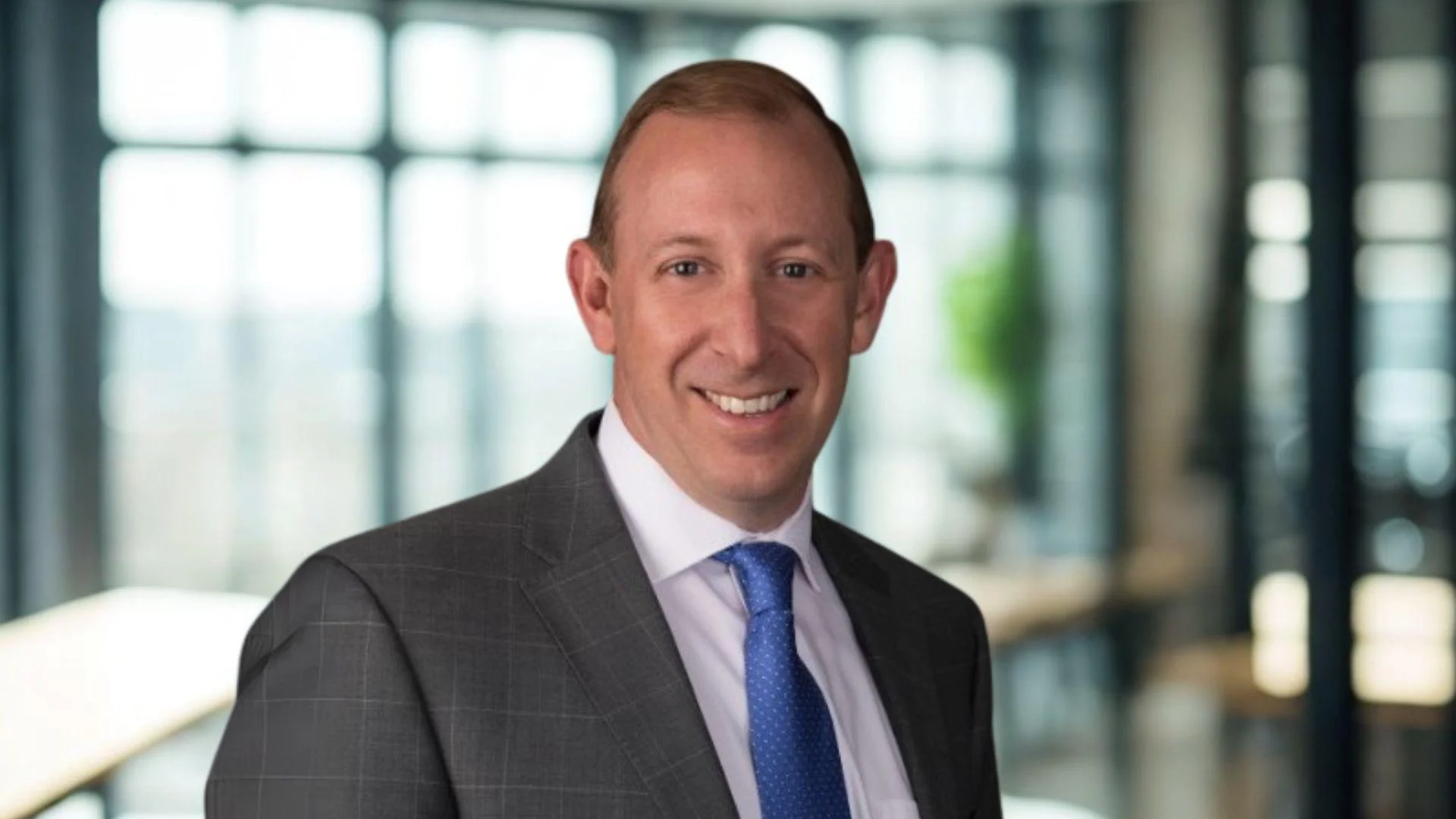Bret Jackson, President and CEO of the Economic Alliance for Michigan, has raised concerns about hospitals' use of 340B revenue. In an interview with MedCity News, he said that hospitals are misusing these funds for expansion rather than patient care and criticized their practices of buying low and charging high.
"I don't think they should be charging low and selling high," said Jackson. "They should not be able to use the revenue from 340B to buy more service lines, to go out and expand their footprint. I think that should be used for patient care."
According to 340B Health, the 340B Drug Pricing Program was established by Congress in 1992 to allow eligible healthcare providers to purchase outpatient drugs at significantly reduced prices. The program enables covered entities to stretch limited federal resources and provide more comprehensive services to vulnerable populations.
The Government Accountability Office has said that hospitals participating in the 340B program can reinvest savings into services such as medication assistance and expanded care. However, there is no federal requirement for these hospitals to report how savings are used, raising concerns about accountability and whether funds truly support underserved patients.
A 2023 analysis by Dan Crippen, former Director of the Congressional Budget Office, estimated that 340B discounts totaled $70 billion annually and reduced federal and state tax revenues by as much as $17 billion. The report highlighted that most of the financial benefit is retained by hospitals without clear obligations to reinvest in low-income care.
According to JAMA Health Forum, hospitals in the 340B program have been more likely to acquire independent physician practices, leading to more hospital-based outpatient care. Critics argue this trend contributes to consolidation and higher healthcare costs, raising concerns about the program's impact on care delivery.
Jackson is President and CEO of the Economic Alliance for Michigan, where he advocates for patient safety, affordable care, and policy transparency on behalf of employers covering approximately 900,000 lives. He previously held roles in Michigan state government and completed The Leapfrog Group’s Bruce Bradley Fellowship.











 Alerts Sign-up
Alerts Sign-up